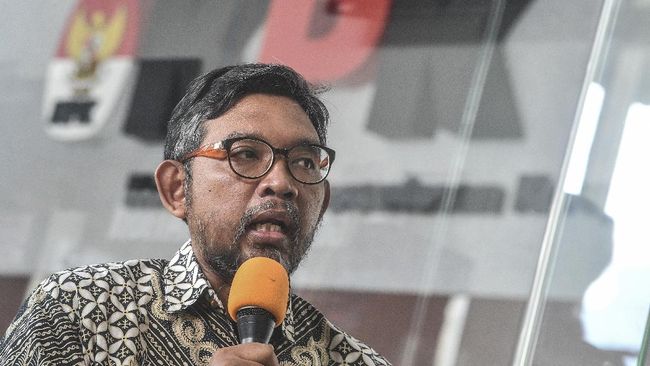In 2011 and 2016, she was defeated on the wire, following polls that saw the heirs of Fujimori tearing apart. This Monday, the same scenario: at the time of writing, Keiko Fujimori, a representative of authoritarian ultraliberalism, was ahead in the second round of the Peruvian presidential election on June 6 by her left-wing opponent Pedro Castillo. After counting, from the drop-in-point, the minutes from the rural areas acquired from the teacher, out of 94% of the minutes recorded, the teacher won with 50.076% of the votes.
The daughter of former President Alberto Fujimori, who is currently serving a twenty-five-year prison sentence for crimes against humanity and corruption, played her impunity in this electoral competition. Arrested by the police on October 10, 2018, she spent sixteen months in pre-trial detention, before being released on bail on May 5, 2020, to enter the countryside. Last March, justice demanded against her thirty years in prison for “money laundering, belonging to organized crime, obstructing justice and false declarations” and demanded the dissolution of her party, Popular Force. After a very fragmented first round, on April 11, the ultra-right candidate managed to qualify for the second round with only 13.4% of the vote, five points behind Pedro Castillo.
A desire for change among disadvantaged populations
In the country hardest hit in the world by the Covid-19 pandemic, with 5,700 deaths per million inhabitants, the left-wing candidate, designated by his opponent as a dangerous communist, a “Terrorist” ready to transform Peru into a dictatorship, has been able to catalyze a deep aspiration for change among the underprivileged populations and in the rural areas of the interior of the country. Himself a native of the province of Cajamarca, in the northern highlands, he achieved his best scores in the Andean regions most affected by the liberal bulldozer of the Fujimori years and the destruction of basic public services, where the populations were found caught between two fires in the dirty war between the State and the Shining Path guerrillas in the 1980s and 1990s. On the fringes of a political scene plagued by corruption, where all of Alberto Fujimori’s successors ended up in prison – with the exception of ex-president Alan Garcia, who committed suicide before his arrest – Pedro Castillo also appeared as a humble and upright man, foreign to the intrigues as well as to the embezzlement of a system in advanced disintegration phase.
Openly supported ten years ago by the United States Embassy in Lima; Sponsored, in 2016, by the construction giant Odebrecht, which is at the heart of a sprawling corruption scandal, Keiko Fujimori, she has again found solid links in the economic elites and among the mainstream media. Even the Nobel Prize for Literature, Mario Vargas Llosa, who unsuccessfully faced his father in the 1990 presidential election, rallied behind what he considered in 2011 to be a « catastrophe »: Pedro Castillo would, according to him, weigh an intolerable “Threat to democracy”.
“If Castillo wins, the right will obstruct and sabotage. In any case, hard times await us ”, predicted yesterday the sociologist Eduardo Gonzalez Cueva. All maneuvers, internal and external, are possible. All disputes, too.
–

